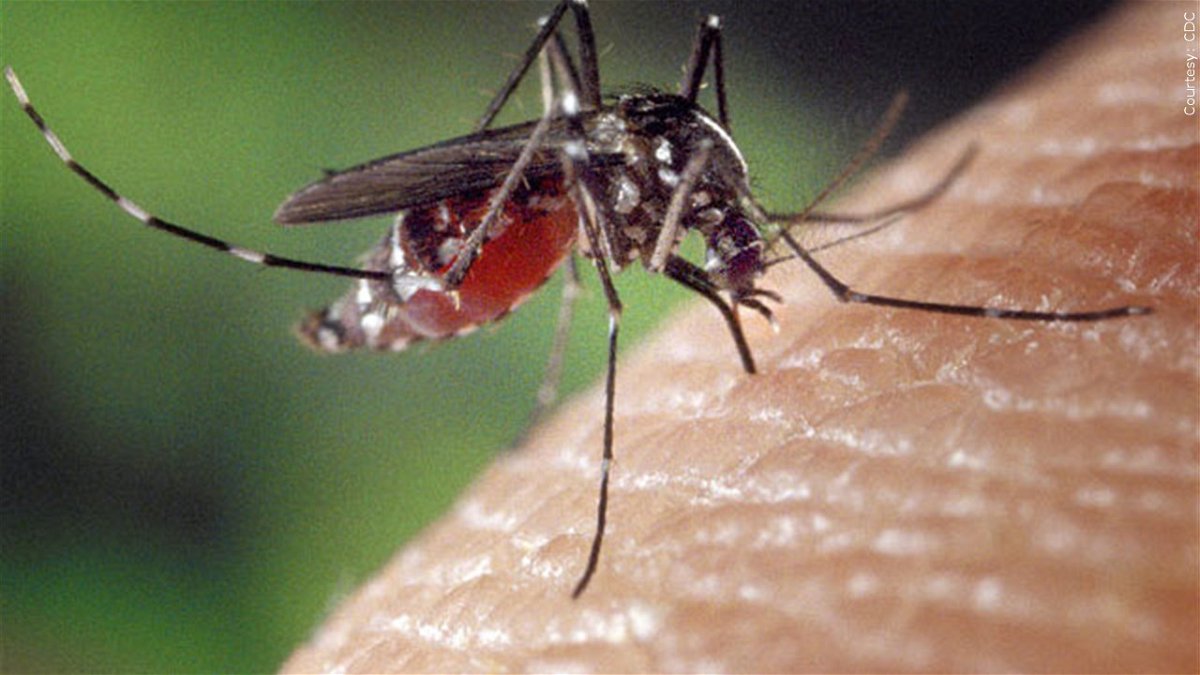Horses, birds infected with West Nile Virus in Doña Ana County

SANTA FE, New Mexico (KVIA) -- Eight horses and two birds have been infected with the West Nile Virus in Doña Ana County, as well as Los Alamos, Sandoval, Santa Fe, Sierra, Taos, Torrance, Union, and Valencia Counties. Eight more cases of WNV have been confirmed in humans across New Mexico, raising this year's count to ten reported cases. These new cases were reported among residents of Bernalillo, San Miguel, Sandoval, Santa Fe, Torrance, and Valencia Counties.
"The emergence of these new cases serves as a reminder of the continued threat posed by West Nile virus,” said Chad Smelser, MD, Deputy State Epidemiologist. “As mosquito activity increases during this season, it is imperative that we remain vigilant and adopt measures to protect ourselves and our communities."
New Mexico Department of Health officials strongly recommend taking precautions against WNV, as no treatment exists to prevent or treat the disease in humans. WNV spreads only through the mosquito population, which is most active early and late in the day. Residents should make sure to wear long clothing, use bug spray containing DEET, and avoid the outdoors during these times. Mosquitos lay eggs in standing water such as bird baths and pools, so making sure to regularly empty water sources in one's residence can help prevent rises in the mosquito population.
While no vaccine exists for humans, there is one for horses.
"We urge horse owners to prioritize their animals' well-being by ensuring they are up to date on vaccinations against West Nile virus. This proactive measure can safeguard their health,” said Erin Phipps, Public Health Veterinarian.
Symptoms of West Nile fever, the milder form of the disease, include headaches, nausea, fever, joint and muscle pain, and fatigue. Symptoms can last from weeks to months, though those infected generally recover on their own. Symptoms of West Nile neuroinvasive disease, the more serious form of the disease, can include those of West Nile fever plus neck stiffness, stupor, disorientation, coma, tremors, convulsions, muscle weakness and paralysis.
If you suspect you have WNV or are experiencing any symptoms, experts say you should contact your medical provider immediately.
For more information about West Nile virus, go to the DOH’s website.
